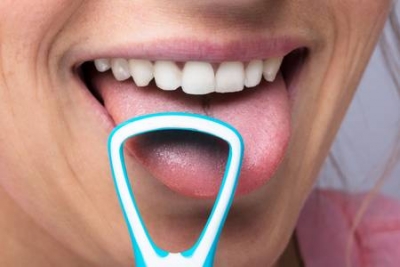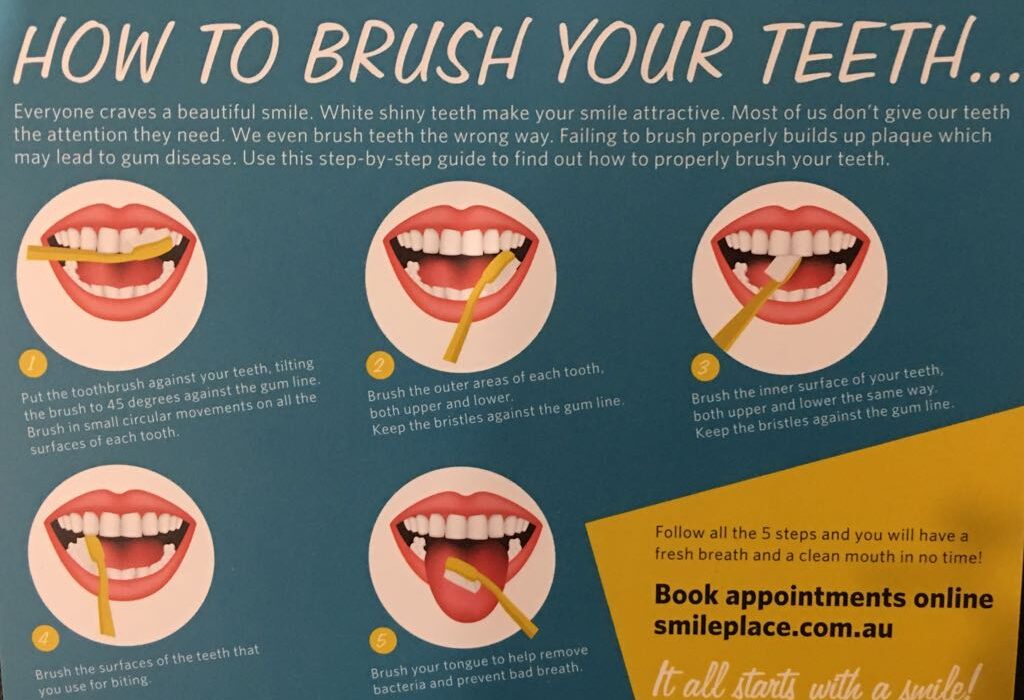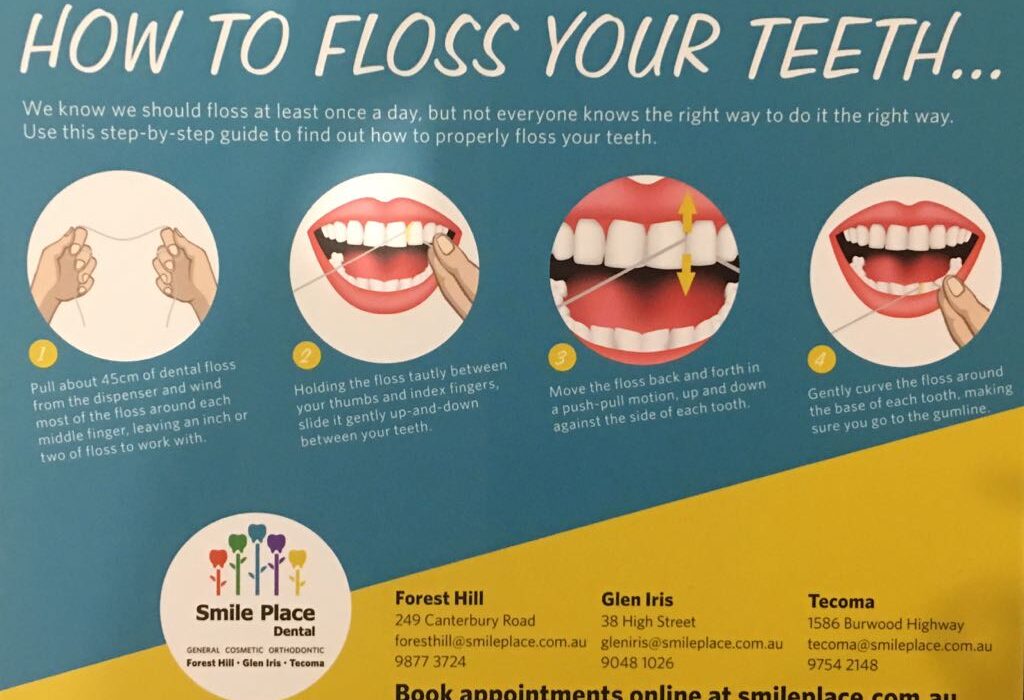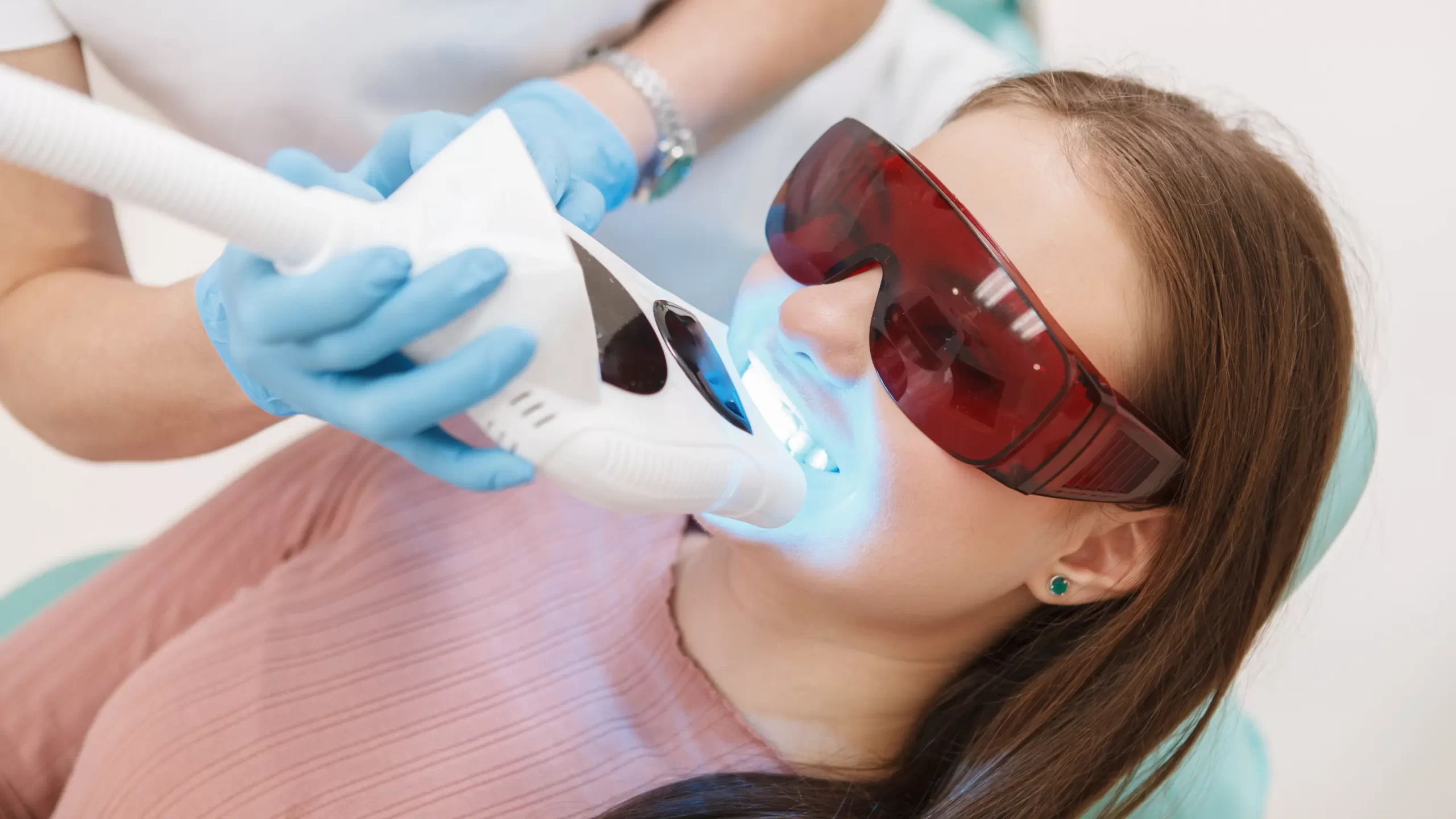
Have you sipped a cup of coffee after a teeth whitening session and wondered if it would undo the effects of your session?
Or experienced that odd zing of sensitivity when consuming something too hot or cold?
We get it. These are common post-teeth whitening experiences. With the right teeth whitening aftercare, you can achieve a bright smile without the endless stress.
Immediate Teeth Whitening Aftercare Tips
When you have a whitening treatment done, your teeth are porous and more exposed right after. During this period, your protective enamel layer temporarily weakens, opening up the barrier for certain foods, drinks, and smoke to dull your results.
Here are a few immediate aftercare tips to keep in mind:
- Steer clear from dark foods and drinks (coffee, tea, wine, soy sauce) for at least 48 hours.
- Limit acidic foods (citrus, vinegar, sodas).
- Skip smoking and alcohol for at least 24 hours.
- Keep yourself hydrated to wash away stains and protect your enamel.
- Opt for clear or neutral-coloured lipstick or lip balms.
Your treated teeth are more vulnerable, so following these immediate aftercare tips will help maintain your bright smile and prevent undoing the effects of the treatment.
Important Habits You Need To Know About Teeth Whitening Aftercare
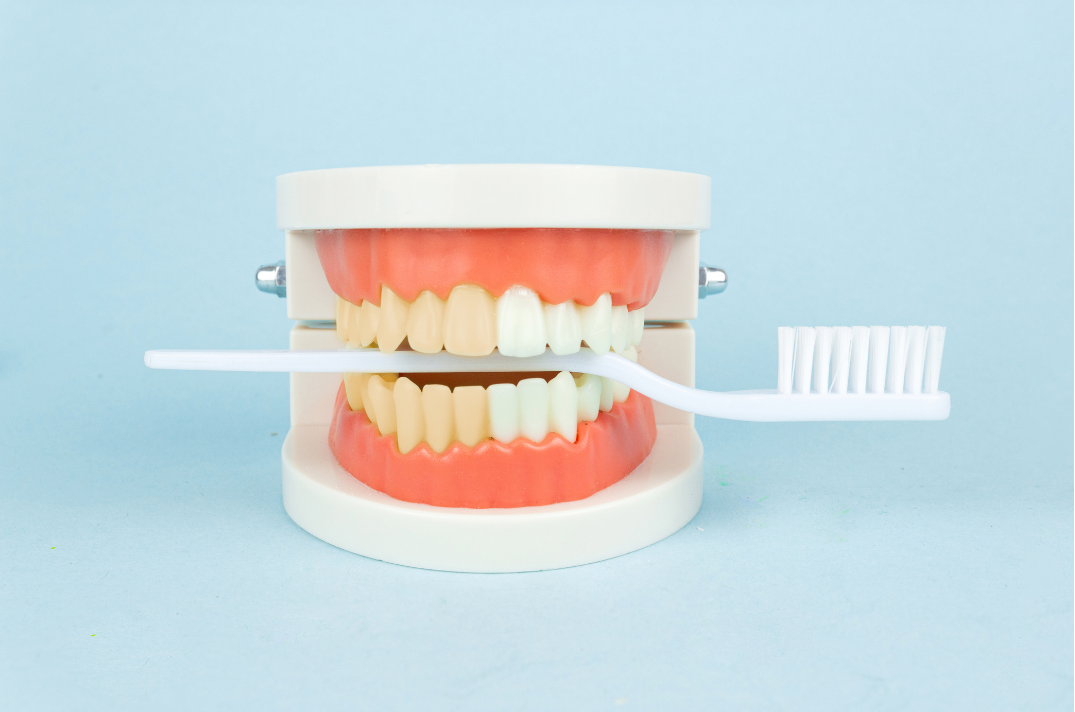
Achieving a brighter smile doesn’t end with just a few teeth whitening treatments. It’s all about maintenance and what you do after. Adopting healthy habits can help prolong your desired results while keeping your teeth strong and healthy.
You may consider these habits to follow for longer-lasting teeth whiteness and a radiant smile:
| Habits |
Short-term Benefits |
Long-term Benefits |
| Gentle brushing |
Prevents damage to sensitive enamel |
Maintains overall oral health |
| Flossing daily |
Removes plaque and food particles |
Reduces chances of discolouration |
| Rinsing after meals |
Helps wash away stain-causing substances |
Promotes long-term whiteness |
| Using a straw |
Minimises contact with staining beverages |
Helps preserve the whitening effect |
| Regular dental check-ups |
Ensures whitening results are monitored |
Maintains oral hygiene and dental health |
| At-home touch-ups* |
Keeps teeth looking bright when used correctly |
A whiter smile boosts confidence and leaves a positive impression |
*Note: Avoid using at-home bleaching kits for at least two weeks after professional whitening to prevent damage to your enamel. Please consult with your dentist for the appropriate aftercare for DIY methods.
Managing Sensitivity After Teeth Whitening Treatment
The bright side is that experiencing some teeth sensitivity right after a teeth whitening treatment is normal.
For the next 48 hours or so, refrain from eating and drinking hot and/or very cold foods to lessen the sensitivity. We suggest using desensitising toothpaste that contains fluoride or fluoride with potassium nitrate. If the sensitivity persists beyond a week, make sure to check in with your dentist.
Desensitising Toothpaste Products
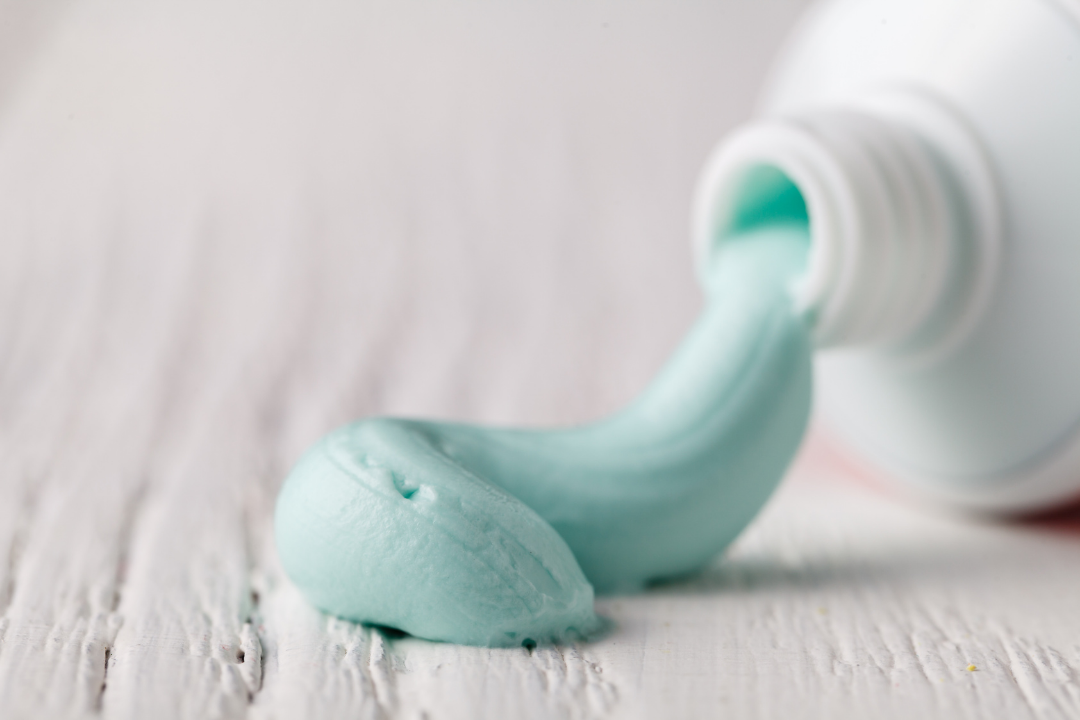
Fluoride toothpaste products are well supported by the Australian Dental Association (ADA) and the World Health Organisation. These products can help strengthen your enamel whilst reducing post-whitening sensitivity.
According to the ADA, adults should brush with 1,000 to 1,500 parts per million (ppm) fluoride toothpaste at least twice daily and spit out excess toothpaste instead of rinsing.
Tip: Avoid rinsing with water immediately after brushing.
Some well-known fluoride toothpaste brands available in Australia known to conform with safety and effectiveness regulations include:
| Brand |
Product Line |
Fluoride Content (ppm) |
Notable Features |
| Colgate® |
Total |
1,450 |
Antibacterial properties help fight plaque and gingivitis |
| Oral-B® |
Pro-health |
1,450 |
Strengthens enamel, protects against sensitivity |
| Sensodyne® |
Repair & protect |
1,450 |
Specifically formulated for sensitive teeth, aids in enamel repair |
| Macleans® |
Protect |
1,000 |
Provides cavity protection, suitable for daily use |
| White GloTM |
Professional choice |
1,000 |
Contains fluoride for cavity protection, and includes whitening agents |
Note: All fluoride-toothpaste concentrations may vary in different toothpastes. Be sure to check the packaging before buying.
By the end of the day, your decision to use fluoride-containing toothpaste may come down to personal preference. Top that off with daily brushing and flossing and a low-sugar diet, and you’ll have the best decay protection and feel less sensitive around in no time!
How to Choose the Right Toothpaste
Choosing a toothpaste is not so straightforward. With vast and varied toothpaste products currently available on the market, you may feel overwhelmed with so many choices.
Whitening formulas, natural alternatives and even fluoride-free options are just a few of them to name the least. But the take-home message is to try your best to look past the fancy packaging and think about what your teeth and gums need.
Here’s one approach you can take. Choosing a toothpaste with the following ingredients:
- Fluoride (sodium fluoride or stannous fluoride).
- Desensitising agents (potassium nitrate or stannous fluoride).
- Tartar control agents (pyrophosphates or zinc citrate).
- Whitening agents such as phthalimidoperoxycaproic acid. Avoid overly abrasive formulas that may damage enamel. Please consult with your dentist for more information.
Important: Be sure to look out for the ADA Seal of Approval. This is a mark of approval for toothpastes that meet the Australian government’s safety and quality standards.
Now that you know what to look out for as well as what to avoid, you can confidently choose a toothpaste that is right for you. If you’re in doubt, ask your dentist for a specific recommendation that is appropriate for you.
Teeth Whitening Treatment

The ADA states that it is necessary to consult a dentist before undergoing teeth whitening treatment. If you have cavities, gum disease or another dental condition, you will want to get cleared by a dental professional first.
Dentist-supervised whitening treatment is not only safe but also more effective than at-home DIY methods.
Are Over-the-counter Whitening Kits Safe?
Whitening kits bought in-store or online are convenient and easy to use but they do come with risks.
Many contain potent bleaching agents that irritate gum tissue and can lead to greater teeth sensitivity or patchy and uneven teeth whitening. Overuse can also erode enamel, leaving your teeth more vulnerable to stains.
For a safer, more effective option, consult a professional dentist. Find out more about our teeth whitening options for personalised care.
Your Bright Smile Deserves the Best Care
Teeth whitening is an investment in your confidence and maintaining the results as best as you can requires discipline.
With the use of ADA-approved fluoride toothpaste in Australia coupled with a few immediate aftercare tips, you can keep your smile longer and brighter.
Steer clear of stain-creating foods and drinks, stay hydrated, and discuss safe teeth whitening with your dentist. When done correctly, you can enjoy longer-lasting results and a healthier smile.
FAQs
- How long do teeth remain susceptible to staining after whitening?
Our teeth are vulnerable to staining in the initial 48 hours following teeth whitening treatment. Avoid dark-coloured foods and drinks that stain your teeth during this time.
- Can I use mouthwash after whitening?
For sure, washing with mouthwash is a good habit. If possible, we recommend an alcohol-free mouthwash because it is less irritating and causes less sensitivity to the teeth.
- Will my teeth return to their original shade over time?
Habits in dental hygiene and diet can cause the whiteness of teeth to fade over time. However, with regular touch-ups and professional cleanings, you can prolong teeth whitening results.
- Can I get my teeth whitened if I have dental restorations such as crowns, veneers, and fillings?
Teeth whitening treatment does not affect artificial restorations. And if you have crowns, veneers or fillings on your teeth, ask your dentist how to proceed with teeth whitening.
- How often should I have my teeth professionally whitened?
The teeth whitening treatment may be recommended every 6 to 12 months by your dentist. This depends on your diet and how careful you’ve been with your oral hygiene.
Author Summary – Dr Chitra Rao
Dr. Chitra Rao has over a decade of experience in dentistry, specifically in the field of cosmetic and orthodontic treatments. Dedicated to achieving optimal results, she takes a detailed and personalised approach to creating beautiful, confident smiles for her patients. Outside of dentistry, Dr. Chitra enjoys staying active, traveling, and spending time with her family.
